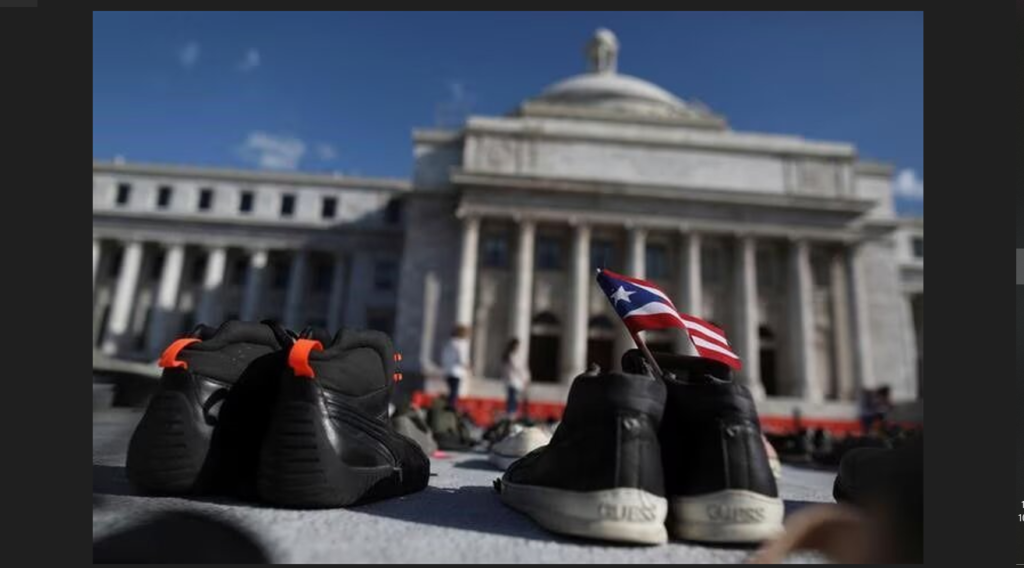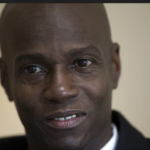SAN JUAN (Reuters) — ExxonMobil Corp, Shell, Chevron and other major fossil fuel companies have told a federal judge that a lawsuit filed by Puerto Rican cities and towns seeking to hold them accountable for harms from climate change under an anti-organized crime law is “far-fetched.”
In joint filings on Friday, the companies asked a Puerto Rico federal court to dismiss a 2022 lawsuit filed by 16 municipalities accusing the companies of colluding to publicly downplay the risks of their fossil-fuel products on climate change asking for billions of dollars in damages.
The lawsuit says the companies should be held financially responsible for climate-related harms in the U.S. territory, including from the 2017 hurricane season, which was made worse by global warming.
The companies said the municipalities’ claims under U.S. racketeering and other laws are meritless, and would hold them liable not just for their carbon emissions, but also for “the alleged worldwide impacts of defendants’ purported speech and conduct,” including for their political lobbying and marketing.
They said their speech is protected under the 1st Amendment of the U.S. Constitution, and that the causal connection between their efforts to influence public policy and climate harms that the plaintiffs are trying to establish is speculative and attenuated.
“No federal court has ever found such a far-fetched theory to state a claim for relief,” the companies said. “This court should not be the first.”
Counsel for the Puerto Rican municipalities did not immediately respond to requests for comment on Monday.
The municipalities alleged in their proposed class action lawsuit in November that the companies’ joint efforts to downplay climate concerns violated laws like the federal Racketeer Influenced and Corrupt Organizations Act, a 1970s law originally passed to battle organized crime syndicates.
That law allows parties to sue over coordinated activity connected to an “enterprise” — including legitimate businesses and groups that share a common purpose — and has been used previously to go after Wall Street banks and traders engaged in market manipulation.
The fossil fuel companies said Friday that the municipalities have not shown that such an “enterprise” exists among them, and said the complaint failed to allege what individual roles the fossil fuel companies had in the scheme even if it did exist.
The case is The Municipalities of Bayamon v. Exxon Mobil Corp, the United States District Court for the District of Puerto Rico, case No. 3:22-cv-01550.
For the municipalities: Marc Grossman, Melissa Sims, and Vicki Maniatis of Milberg Coleman Bryson Phillips Grossman
For Chevron: Theodore Boutrous of Gibson, Dunn & Crutcher
For Exxon: Theodore Wells of Paul, Weiss, Rifkind, Wharton & Garrison
For Shell: David Frederick of Kellogg, Hansen, Todd, Figel & Frederick
Reporting by Clark Mindock
Our Standards: The Thomson Reuters Trust Principles.



